M.Tech. in Remote Sensing: Diverse careers, innovation, global opportunities, addressing environmental challenges.
Future Scope & Benefits: M.Tech. in Remote Sensing Course
A Master of Technology (M.Tech.) in Remote Sensing offers a promising future scope and numerous benefits to graduates. This specialized program equips students with advanced knowledge and skills in acquiring, analyzing, and interpreting data about the Earth's surface and atmosphere from a distance using various remote sensing technologies. Below, we explore the future scope and benefits of pursuing an M.Tech. in Remote Sensing in India:
1. High Demand for Remote Sensing Professionals:
Remote sensing plays a vital role in various industries and sectors, leading to a growing demand for professionals with expertise in this field. Graduates of M.Tech. in Remote Sensing are well-positioned to meet this demand in sectors such as:
- Environmental Management: Monitoring and assessing environmental changes, natural resource management, and conservation efforts.
- Agriculture: Precision agriculture, crop monitoring, and yield prediction.
- Urban Planning: Land use planning, infrastructure development, and smart city initiatives.
- Disaster Management: Early warning systems, disaster risk reduction, and response planning.
- Natural Resource Exploration: Geological surveys, mineral exploration, and water resource management.
- Climate Change Research: Studying climate patterns, effects, and mitigation strategies.
2. Diverse Career Opportunities:
Graduates have a wide range of career options to choose from, including:
- Remote Sensing Specialist: Working on projects involving data acquisition, processing, and analysis using satellite and aerial imagery.
- GIS Analyst: Integrating remote sensing data with geographic information systems (GIS) to create spatial databases and maps.
- Environmental Consultant: Assisting organizations in assessing and mitigating environmental impacts using remote sensing data.
- Agricultural Scientist: Applying remote sensing for precision agriculture, crop health assessment, and yield prediction.
- Urban Planner: Using remote sensing data to support urban development and infrastructure planning.
- Disaster Management Expert: Contributing to disaster preparedness, response, and recovery efforts.
- Research Scientist: Pursuing research in remote sensing technology, applications, and innovations.
3. Competitive Salaries:
Due to their specialized skills and expertise, M.Tech. graduates in Remote Sensing often command competitive salaries in their respective industries. Employers value their ability to utilize cutting-edge technology and extract valuable insights from remote sensing data.
4. Contribution to Research and Innovation:
The program emphasizes research and innovation, enabling graduates to contribute to advancements in remote sensing technology and applications. They can work on projects that improve data accuracy, image resolution, and analysis techniques, driving innovation in the field.
5. Multidisciplinary Skill Set:
M.Tech. graduates in Remote Sensing possess a multidisciplinary skill set that includes remote sensing technology, GIS, image processing, and data analysis. This versatility makes them adaptable to various roles and industries.
6. Real-World Applications:
The knowledge and skills acquired in this program have direct real-world applications. Graduates can make a tangible impact on addressing environmental issues, natural disasters, resource management, and urban development.
7. Technological Advancements and Automation:
The field of remote sensing is continuously evolving with technological advancements. Graduates can benefit from the increasing automation of data collection and processing, making their work more efficient and accurate.
8. Global Opportunities:
The knowledge and skills gained in this program are transferable globally. Graduates can explore job opportunities not only in India but also in international markets, where remote sensing technology is in demand for various applications.
9. Collaboration and Networking:
During the program, students often have the opportunity to collaborate with industry professionals, government agencies, and research institutions. These experiences help build a valuable professional network, which can be advantageous for career growth and opportunities.
10. Addressing Global Challenges:
Remote sensing technology plays a crucial role in addressing global challenges such as climate change, environmental degradation, and disaster resilience. Graduates can contribute to solutions that have a positive impact on society and the planet.
11. Entrepreneurship and Start-up Ventures:
Some graduates may choose to leverage their expertise to start their own companies or consultancy firms specializing in remote sensing services. They can provide data analysis, mapping, and consulting services to a wide range of clients.
12. Government and Public Sector Opportunities:
Government agencies and public sector organizations, such as space research organizations, environmental ministries, and disaster management authorities, often hire remote sensing professionals to support their missions and projects.
 2 Years
2 Years
 Post Graduate
Post Graduate
 Engineering
Engineering
 Full Time
Full Time
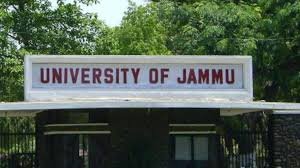
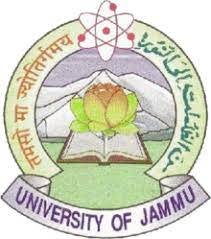
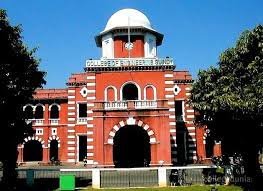

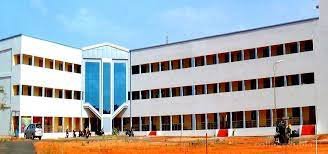

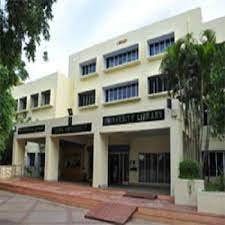


 back
back

